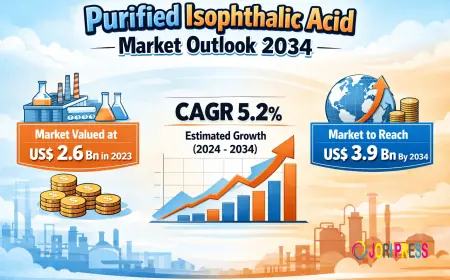Unlocking New Opportunities in the World's Largest Consumer Market: Essential Compliance for Exporting to China.
China, the world’s most populous nation and second-largest economy, continues to attract global exporters with its vast consumer base, rising middle class, and growing appetite for high-quality international products. Whether you're dealing in food and beverages, cosmetics, medical devices, or electronics, entering the Chinese market offers enormous potential. However, one critical factor often underestimated by exporters is regulatory compliance. Without it, even the best products may never make it to Chinese shelves.
Why Compliance Matters
China has stringent import regulations to ensure the safety and quality of products entering its market. These are governed by various agencies, with the General Administration of Customs of China (GACC) being the key authority for import approvals and customs regulations. Non-compliance can result in delays, rejection of goods at the border, or even permanent blacklisting.
For any business seeking long-term success in China, GACC registration and product-specific certifications are not optional—they are essential. From labeling requirements to hygiene certifications and packaging standards, compliance is the first step toward unlocking business opportunities.
Key Compliance Requirements for Exporting to China
1. GACC Registration
All food manufacturers, processors, and exporters must register with GACC before they can ship goods to China. This is especially important for high-risk food categories such as dairy, meat, aquatic products, and health supplements. GACC registration verifies the exporter’s credentials and ensures they meet China’s import hygiene and safety standards.
2. CIQ Clearance
The China Inspection and Quarantine (CIQ) clearance process ensures that products meet China’s technical and safety standards. CIQ inspectors examine product labels, packaging, and certifications to verify compliance. Products that fail inspection are either returned or destroyed.
3. Product Labeling and Packaging
China has specific rules for labeling imported goods. Labels must be in simplified Chinese and include key details such as product name, origin, manufacturer, ingredients, and shelf life. Incorrect or missing labels can lead to fines or confiscation.
4. Customs Documentation
Accurate and complete documentation is vital. This includes the bill of lading, commercial invoice, packing list, certificate of origin, and GACC registration certificate. Errors in documentation can delay clearance and increase costs.
5. Sector-Specific Certifications
Depending on your product, you may need additional approvals such as:
-
CFDA (China Food and Drug Administration) for cosmetics or health products
-
CCC (China Compulsory Certification) for electronics
-
MOA Registration for agricultural and food-related products
How Agile Regulatory Can Help
At Agile Regulatory, we specialize in simplifying the complex compliance landscape for Indian exporters aiming to enter China. Our team offers end-to-end support for GACC registration, product classification, documentation, label reviews, and customs compliance. We help you navigate China’s regulatory maze and ensure your products meet all mandatory requirements.
Final Thoughts
Exporting to China presents a wealth of opportunities—but only for those who take compliance seriously. A proactive approach to understanding and fulfilling China’s regulatory requirements not only accelerates market entry but also builds trust with Chinese partners and customers.
What's Your Reaction?
 Like
0
Like
0
 Dislike
0
Dislike
0
 Love
0
Love
0
 Funny
0
Funny
0
 Angry
0
Angry
0
 Sad
0
Sad
0
 Wow
0
Wow
0















































